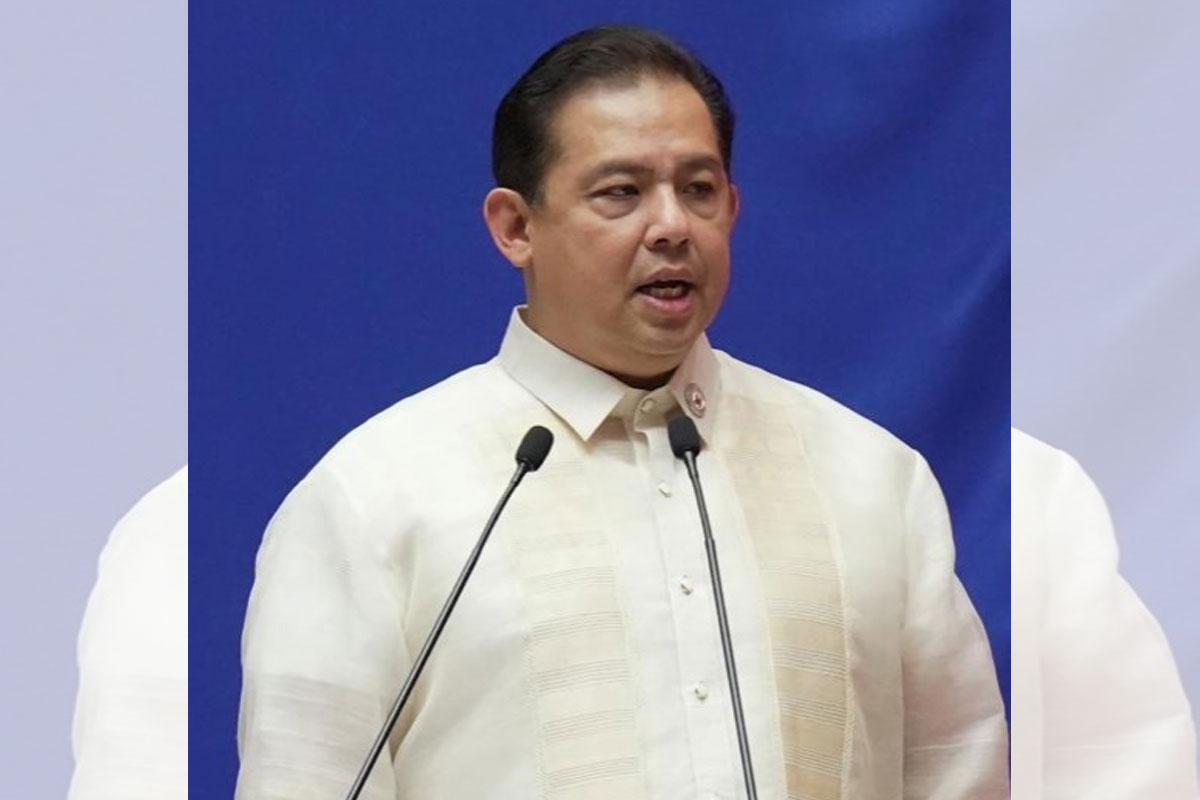
VNP regulatory regime as an enduring legacy
 It is disingenuous to think that you can separate economics from politics… There are some conversations that are social in nature, others that are cultural. But those that are foundational, that cut across your ability to make good decisions, especially about how we live our lives — those are the moments where I think CEOs and other business leaders have a responsibility to step up and make their voices heard,. — Georgia gubernatorial candidate Stacey Abrams
It is disingenuous to think that you can separate economics from politics… There are some conversations that are social in nature, others that are cultural. But those that are foundational, that cut across your ability to make good decisions, especially about how we live our lives — those are the moments where I think CEOs and other business leaders have a responsibility to step up and make their voices heard,. — Georgia gubernatorial candidate Stacey Abrams
It takes the full, coercive hand of the State to effect a dramatic change in the socio-economic conditions of citizens.
Some say big government is bad and has to be reined in because it can become overly intrusive, restricting personal choices and liberties.
But only duly constituted governments have the capability to institutionalize meaningful socio-economic reforms to improve the human condition.
No other institution has the power and resources to make them happen – start and sustain programs vital to the safety, security, and well-being of the people.
And since the Chief Executive has the ultimate power to implement them, government policies, programs, and projects generate tremendous impetus when they emanate from his lofty office.
Thus, an Asia-Pacific advocacy group called on President Duterte to enact the vape bill amid the overwhelming demand from consumers for a regulatory framework on smoke-free products such as e-cigarettes, heated tobacco products, and other less harmful alternatives to combustible cigarettes.
The harmonized version of the bill seeks to regulate the use, manufacture, importation, sale, distribution, and promotion of vaping and heated tobacco products. It now awaits the President’s signature.
The Coalition of Asia Pacific Tobacco Harm Reduction Advocates wrote the President to request the urgent signing of the Vaporized Nicotine Products Regulation Act into law, already ratified by the Senate and the House of Representatives in January.
It said that once signed into law, the Philippines would join 67 countries around the world that have regulatory frameworks on vaping.
Countries that have legalized vaping and the use of other smoke-free products such as heated tobacco have since achieved a significant decline in smoking prevalence.
CAPHRA noted that last year, its member organization Vapers PH commissioned ACORN Marketing & Research Consultants to conduct “A Survey of Attitudes Among Adult Tobacco & Nicotine Users in the Philippines”.
Results of the survey showed that a staggering 94 percent of respondents agreed that the government should enact policies to encourage adult smokers to switch to less harmful alternatives to cigarettes.
“The weight of the scientific evidence shows that potentially thousands of Filipino lives can be saved by making this act the law of the land,” wrote CAPHRA, supported by its expert advisory group and member organizations throughout the Asia Pacific region.
It said the vape bill, once signed into law, would provide 16 million Filipino smokers with the world’s most effective smoking-cessation tool, saving lives and enhancing the health of smokers and their families, friends, and co-workers.
It noted that hundreds of peer-reviewed international scientific studies have found innovative smoke-free products such as e-cigs and HTPs to be far less harmful than combustible tobacco and offer the best options to make smokers switch or quit altogether.
“The act will ensure the regulation of these products so that they meet government standards to protect consumers and will contribute revenue, via taxation,” said Nancy Loucas, CAPHRA executive coordinator.
The CAPHRA letter said that signing the act into law and giving Filipino smokers the option of less harmful alternative nicotine products would create an enduring presidential legacy.
It would prove to the world that Duterte is a leader who put the health and well-being of his people, based on science, above the special interests of foreigners, the letter added.
The Asia Pacific advocacy group said the use of non-combustible nicotine products is at the core of tobacco harm reduction —a public health strategy designed to address the smoking problem by making available less harmful alternatives that do not produce smoke—the main source of toxic chemicals that cause cancer and chronic pulmonary heart diseases.
No less than Public Health England concluded that vaping is at least 95-percent less harmful than combustible cigarettes.
“We believe that the use of less harmful alternatives to traditional cigarettes will save about 100,000 Filipinos who die every year from smoking-related diseases,” CAPHRA said.
Thus, it respectfully asked the President to promptly sign the VNPR bill into law.
***
Here’s a heart-breaking footnote to February.
Despite the deadly coronavirus disease 2019 battering the country, coronary heart disease remains the top cause of death from January to November last year, according to the state statistics office.
Based on the Philippine Statistics Authority data released on February 22, 125,913 or 17.9 percent of the total deaths during the period died of ischemic heart disease followed by cerebrovascular disease (68,180 or 9.7 percent).
The agency said Covid-19 was the third leading cause of death after 67,494 (9.6 percent) died of the severe respiratory illness caused by the SARS-CoV-2 virus. The mortality rate rose from rank 14 with 8,390 deaths or 1.5 percent in the same period in 2020.
Meanwhile, neoplasms, commonly known as “cancer” ranked as the fourth cause of death, 54,854 fatalities followed by diabetes mellitus, 44,491 (6.3 percent).
Among other causes of death in the country from January to November are hypertensive disease, pneumonia, chronic lower respiratory disease, and respiratory tuberculosis.
Behold God\s glory and seek His mercy.
Pause, ponder, act, and pray, people.




















